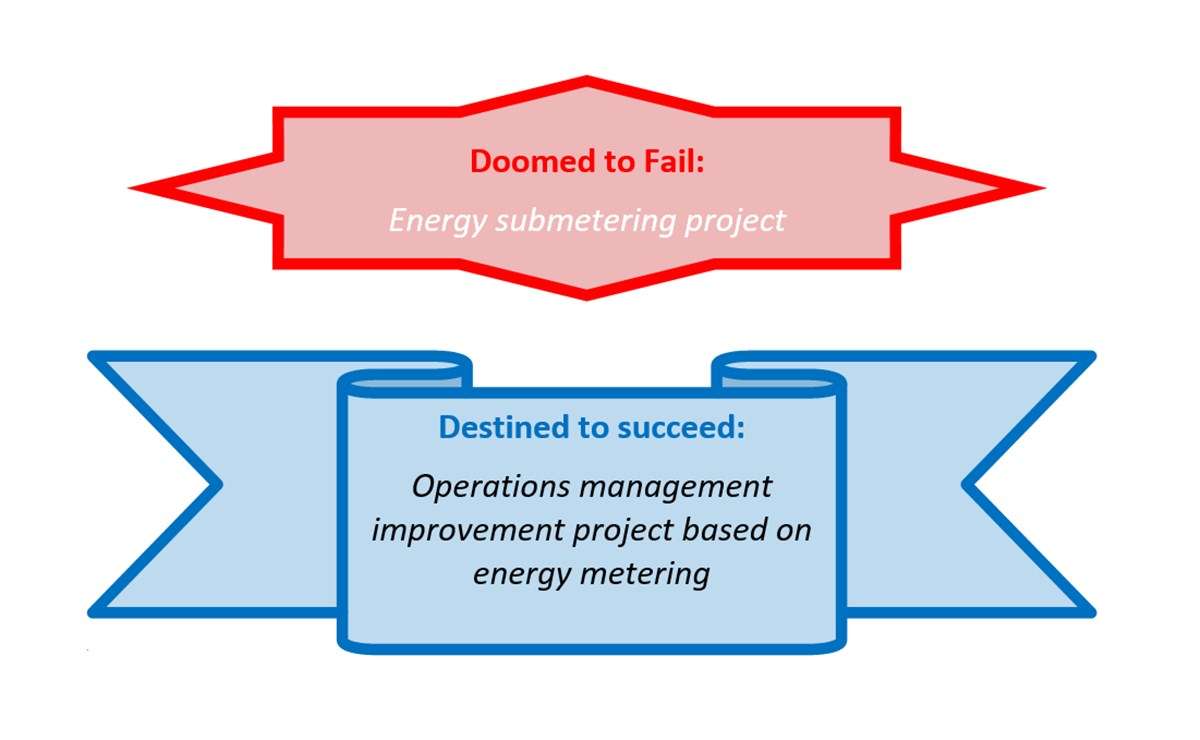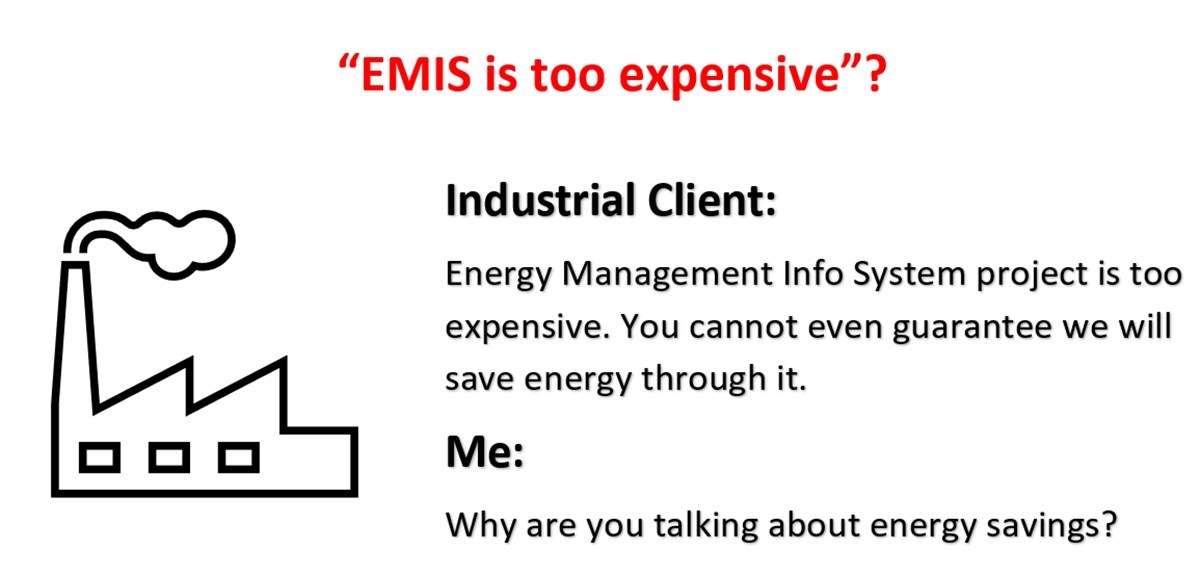Last week I had a pleasure of attending an intense Summer Conference set up by Association of Energy Services Professionals – AESP . One and a half days of presentations and panels were kicked off by a thought-provoking speech delivered by Patrick Schwerdtfeger about exponential nature of changes in our life, particularly massive automation of manufacturing.
It has got me thinking.
“Exponential pace of change” blew my mind

If lilies double covered surface every day it will be an exponential growth
Technological innovations we witness are setting a new stage. Mankind has not experienced such pace before.
Change is happening with exponential pace. Many of us heard about Moore’s Law, which in its original form states that number of transistors per square inch was and will be doubling every year. If this sounds too technical, here is the same idea in plain English: all electronics will cost 1/2 and run 2x faster in a year. In two years it will be 1/4 price and 4x speed, and so on. Just like if these lilies double the covered water every day, they will soon cover all surface.
Since everything around us nowadays is driven by electronics, Moore’s Law is applicable to every facet of life and business. It takes a long time to design the first model of anything, but when it functional – upgrades come so fast that “the rest is history”. In 1997 the first 1% of human genome was decoded and Ray Kurtzwell declared the work of decoding the whole genome to be almost done. In full accordance with the Moore’s law human genome was decoded by April of 2003, less than 6 years later.
“The future is here. It’s just not widely distributed yet” – William Gibson
In the same way 10,000 EVs on American roads today are on the path to become 10,000,000 in 10 years and 20 mln in 11 years, as long as we still use them.
Why should manufacturers care?
All manufacturing faces massive automation. And the Moore’s Law will set the pace. Lot’s of people will lose their jobs as we know them, lots of companies will be closed or acquired.
Automation will rise or crash everybody – ride with the wave or resist and be crashed.
Data is at the core of automation, lots of it
Today many plants are managed based on monthly reports. This routine has been established through the last decades, because compilation of a report takes significant resources – mostly for data gathering, aggregation and processing. It’s an expensive process. Tomorrow all these processes will inevitably become cheap and fast. In the same way as a video call was a big deal just 10 years ago and today anybody can video-call anybody in the world using pocket phone.
How will flow of real-time data affect plant management?
Lots and lots of data form the backbone of modern manufacturing.
If any data about operation processes can be available to any employee in real-time, then here are questions to consider:
- What data is really needed to run plant most effectively and what can be ignored?
- How much data is enough to make a timely decision?
- Which data signals upcoming equipment failures?
- How data has to be processed and presented to make it easy to understand and act?
These are hardly futuristic questions. Companies that answer them today will rise with the automation wave. Companies that postpone answering till tomorrow … will disappear. To get you started consider why More energy data may not benefit business- and what does.








Leave A Comment